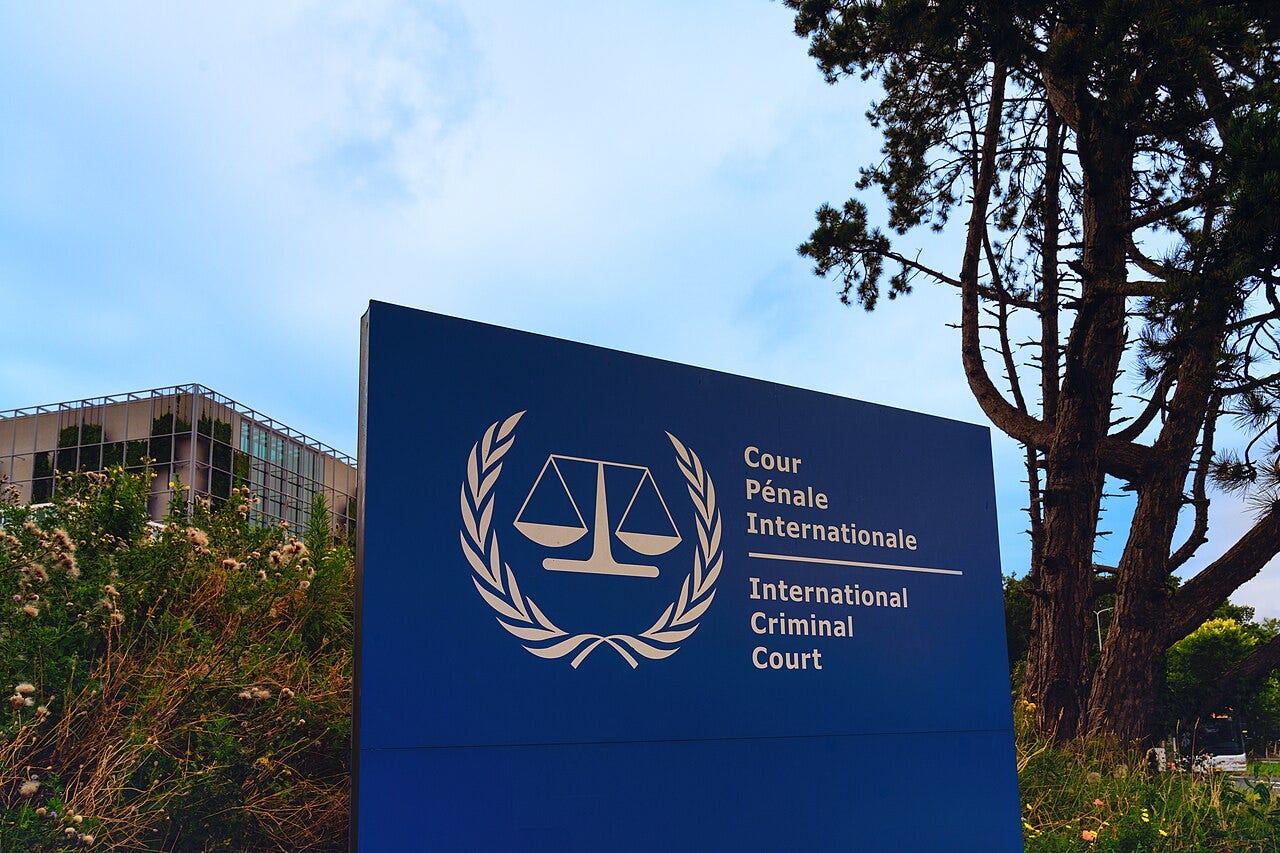
A group of 77 German international law scholars has recently issued a declaration titled "Respect for International Law," asserting that adherence to international law is more crucial than ever for the preservation and restoration of global peace. Widely distributed in major German media outlets, the declaration frames its appeal as particularly urgent in light of violations by powerful states, calling on political decision-makers to uphold Germany's commitment to international law. The timing of this declaration is far from incidental; it responds to a series of developments that the signatories interpret as signaling Germany's shift towards a stance they view as dangerously reminiscent of the very states they criticize.
At the heart of their argument is the recent invitation by German Chancellor-elect Friedrich Merz to Israeli Prime Minister Benjamin Netanyahu, which they argue undermines Germany's international obligations. Merz has suggested that Netanyahu may enter and leave Germany without fear of arrest, despite outstanding warrants from the International Criminal Court (ICC)—warrants the scholars insist must be respected and enforced. The scholars also highlight other actions they view as overly lenient toward Israel, such as arms deliveries, while at the same time restricting critics of Israel, as evidenced by the disinvitation of UN Special Rapporteur Francesca Albanese from speaking at German universities.
Much has been said about the absurdity of the warrants and the preceding process, requiring little repetition. In essence, the ICC appears less concerned with justice than with political choreography, built on flimsy allegations and a biased narrative. Moreover, the simultaneous issuance of arrest warrants for Netanyahu, Gallant, and Hamas leaders deliberately constructs a false moral equivalence between Israel's rule of law and the atrocities of a terrorist organization. This politicized approach undermines the ICC's own statutes, calling its legitimacy into question and transforming what should be a legal proceeding into a morally charged smear campaign. The instrumentalization of international institutions for disgraceful show trials should not succeed, nor should adherence to principles be reduced to mere legal formalism.
What is perhaps even more astonishing about the declaration is the sheer academic decadence and moral obfuscation displayed by its authors, coupled with a breathtakingly ahistorical perspective. For many of the signatories, this document appears to represent nothing less than a landmark achievement for German international legal scholarship—an audacious step forward, led by its self-anointed intellectual vanguard. "Ein kleiner Schritt für das Völkerrecht, ein großer Schritt für die deutsche Völkerrechtswissenschaft" (A small step for international law, a giant leap for German international legal scholarship) boasts one co-signatory on LinkedIn—an accomplishment to rival the moon landing, apparently.
Ethics? No, thank you very much. For the signatories, the ICC arrest warrant seems little more than a bureaucratic formality, an abstract intellectual exercise blissfully detached from historical context or moral gravity. Yet it is precisely this reductive logic—treating a momentous diplomatic act as if it were no more consequential than a parking fine—that lays bare the moral atrophy underpinning their legal reasoning. That the instrumentalization of international institutions for dubious show trials is so easily brushed aside, as long as it upholds a façade of legal purity, only makes the entire spectacle all the more unsavory.
"Arrest warrants issued by the International Criminal Court must be respected and executed by state parties"—so goes the mantra, irrespective of whether one finds the warrants justified. The authors are, perhaps, circling the right question but remain trapped in the rigid confines of legal formalism, unable to think beyond statutes and procedural dogma. Yet, as many across the German political spectrum contend, these warrants may well be unjustified. Ethics undeniably transcends the law, and the law itself is not immune to moral failure. While legal norms demand adherence, moral reasoning can, in rare but crucial instances, necessitate defiance. The tragedy of the signatories' argument is their failure to recognize that this case is precisely one of those instances.
The rhetoric of the signatories is equally revealing. They solemnly reiterate the claim that Germany's legitimacy on the world stage, shaped by the weight of its historical crimes, from the Holocaust to the war of aggression that engulfed Europe, rests not merely on adherence to international law but on an almost zealous commitment to championing it. Symbolically, this amounts to a self-serving reconciliation on paper, a gesture meant to atone for past omissions while conveniently ignoring present realities. Yet beneath this veneer lies a profound amnesia—a failure to grasp the existential political challenges facing the State of Israel today, as well as the threats confronting Jews in Germany and beyond.
In their hubris, the signatories also exhibit a selective understanding of the past. While it may appear coincidental, it is too tempting to speculate that the declaration, led by scholars from Göttingen and proudly featured on the university's homepage by exactly seventy-seven scholars, subtly alludes to the famous "Göttingen Seven"—a group of seven professors from the University of Göttingen who, in 1837, boldly protested against the authoritarian policies of the Hanoverian king, advocating for constitutional rights and academic freedom.
Had they bothered to dig just a little deeper into the university's archives, perhaps history might have taught them a modicum of humility, though that would require acknowledging Göttingen's darker legacy of drafting open letters to smear and condemn Jews. Take, for instance, the case of the Jewish Nobel laureate James Franck, who, in an act of moral defiance, refused to accept 'privileged' status and resigned his professorship in 1933, amid increasingly visible anti-Semitic sentiments and agitation. In response, a local Nazi newspaper dutifully published a letter signed by 42 Göttingen professors, eagerly branding Franck as a saboteur.
It would be wrong to claim that the Göttingen Seventy-Seven share the same moral depravity as the signatories of the 1933 letter. However, celebrating the call for the arrest of a prominent Jewish individual on the basis of a highly dubious legal foundation as the zenith of legal scholarship reveals something profoundly troubling—namely, a startling indifference. An indifference to how their scholarship contributes to the diplomatic isolation of Israel, how it provides justification for others to legitimize atrocities as acts of 'resistance'—after all, it is directed against a sought-after war criminal—and how it perpetuates the pervasive hatred of Jews, both on our streets and within academic and cultural institutions. The Göttingen Seventy-Seven represent a new moral nadir, where the ethical considerations beyond the strict confines of the law appear to matter only for those Jews who perished before 1945. They should be ashamed of themselves.






